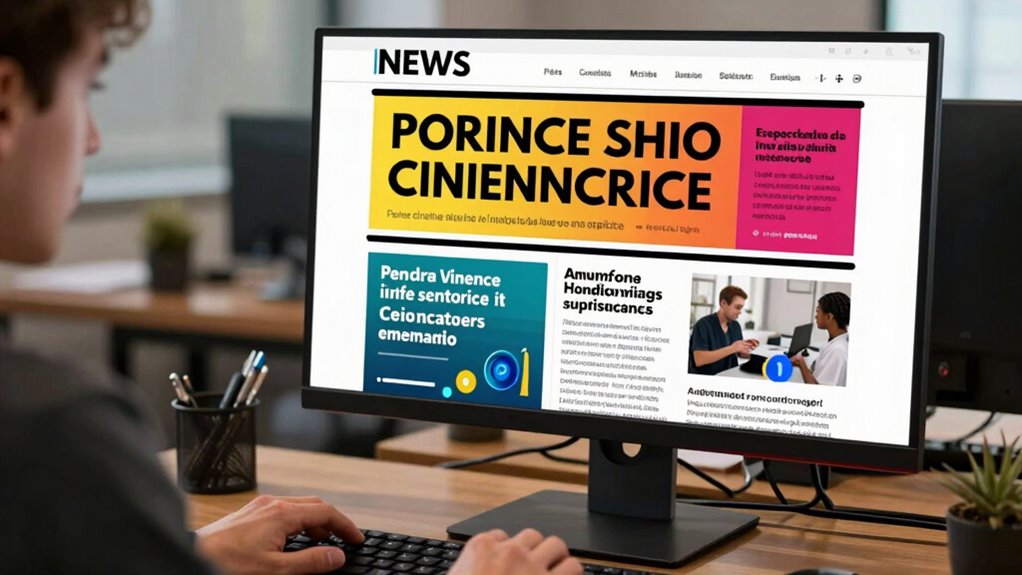By tapping into your brain’s love for mysteries, you can unlock faster learning—discover how to turn curiosity into your greatest advantage.
Browsing Category
Curious Mind
125 posts
Critical Thinking Isn’T Being Negative—It’s a Skill With Steps
Gaining true critical thinking skills means understanding it’s about structured analysis, not negativity—discover the essential steps to sharpen your reasoning.
Remember What You Read: The Method That Beats Highlighting
Gaining better retention starts with a simple switch—discover why active recall outperforms highlighting and how to make it part of your study routine.
Science Headlines Trick You in 3 Ways—Here’s How to Read Them Safely
Meta description: Many science headlines use tricks to mislead—discover the common tactics and learn how to read them safely to avoid falling for false claims.
5 Minutes of Curiosity a Day Can Change How You Notice the World
Lifting your curiosity for just five minutes daily can unlock a new perspective, revealing surprises you never knew existed—so why not start today?
Saying “I Don’t Know” Builds Trust—Here’s Why It’s a Superpower
Inspiring honesty by admitting “I don’t know” can transform trust and leadership—discover why vulnerability is your greatest superpower.
The Feynman Technique: Learn Anything by Explaining It Simply
Learning becomes effortless with the Feynman Technique, revealing how simple explanations can unlock your understanding—discover how to master anything today.
You’re Not Bad at Facts—You’re Missing This Verification Step
Focusing solely on facts isn’t enough—discover the crucial verification step that ensures your information is trustworthy and accurate.
This One Question Habit Makes You Think Deeper—Try It Today
This one question habit unlocks deeper thinking and new insights—discover how a simple change can transform your perspective today.
Learning From Children: What Grown-Ups Can Gain From a Child’s Curiosity
Unlock the surprising benefits of embracing children’s curiosity to transform your perspective and discover the endless possibilities that await.













